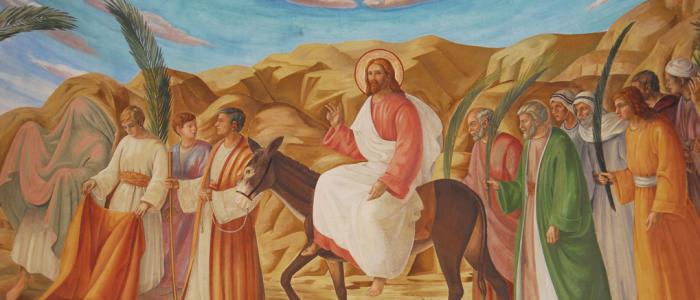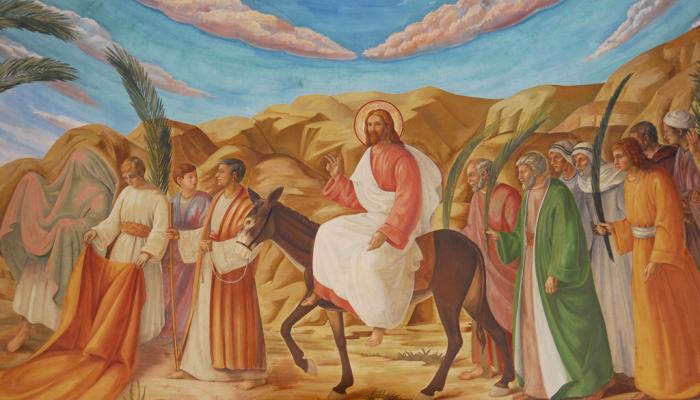
3.17 Why pilgrimages and processions? What is a retreat?
Like he did with his first disciples, Jesus also invites all people today to follow him (Mk. 1:17) Mk. 1:17: Jesus said to them, “Follow me and I will make you become fishers of men.”. A pilgrim is someone who travels with Jesus by making a pilgrimage to a sacred place. As a pilgrim, you have two goals: growing in your relationship with God and self-knowledge on the one hand, and on the other hand progressing on your way to heaven, which is our final goal.
Solemn processions, during which we sing and pray, remind us of the fact that we are all pilgrims. When you go on a retreat, you literally withdraw from daily life for a period of time, so you can focus completely on God.
What forms of popular piety accompany the sacramental life of the Church?
The religious sense of the Christian people has always found expression in the various forms of piet
The religious sense of the Christian people has always found expression in the various forms of piety which accompany the sacramental life of the Church such as the veneration of relics, visits to sanctuaries, pilgrimages, processions, the stations of the cross and the rosary. The Church sheds the light of faith upon and fosters authentic forms of popular piety. [CCCC 353]
What is the purpose of a pilgrimage?
Someone who goes on a pilgrimage “prays with his feet” and experiences with all his senses that his
Someone who goes on a pilgrimage “prays with his feet” and experiences with all his senses that his entire life is one long journey to God.
In ancient Israel people made pilgrimages to the Temple in Jerusalem. Christians adopted this custom. And so this developed, especially in the Middle Ages, into a regular pilgrimage movement to the holy places (above all to Jerusalem and to the tombs of the apostles in Rome and Santiago de Compostela). Often people went on pilgrimage so as to do penance, and sometimes their actions were affected by the false notion that one had to justify oneself before God by tormenting and punishing oneself. Today pilgrimages are experiencing a unique revival. People are looking for the peace and the strength that come from those grace-filled localities. They are tired of going it alone; they want to get out of the rut of the daily routine, get rid of some ballast, and start moving toward God. [Youcat 276]
The practice of pilgrimage... represents the journey each of us makes in this life. Life itself is a
The practice of pilgrimage... represents the journey each of us makes in this life. Life itself is a pilgrimage, and the human being is a viator, a pilgrim travelling along the road, making his way to the desired destination...The Lord Jesus shows us the steps of the pilgrimage to attain our goal: “Judge not, and you will not be judged; condemn not, and you will not be condemned; forgive, and you will be forgiven; give, and it will be given to you; good measure, pressed down, shaken together, running over, will be put into your lap. For the measure you give will be the measure you get back” (Lk 6:37-38). [Pope Francis, Misericordiae Vultus, n. 14]





